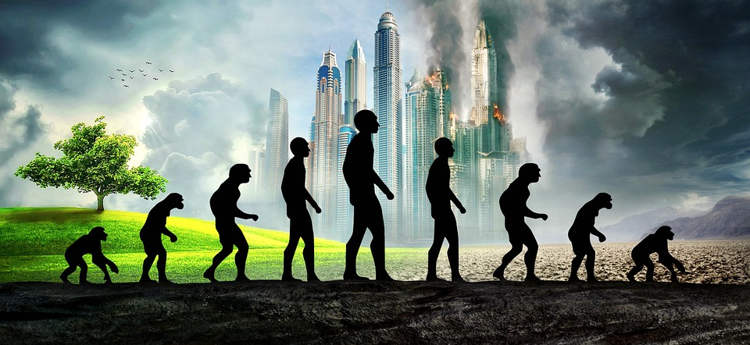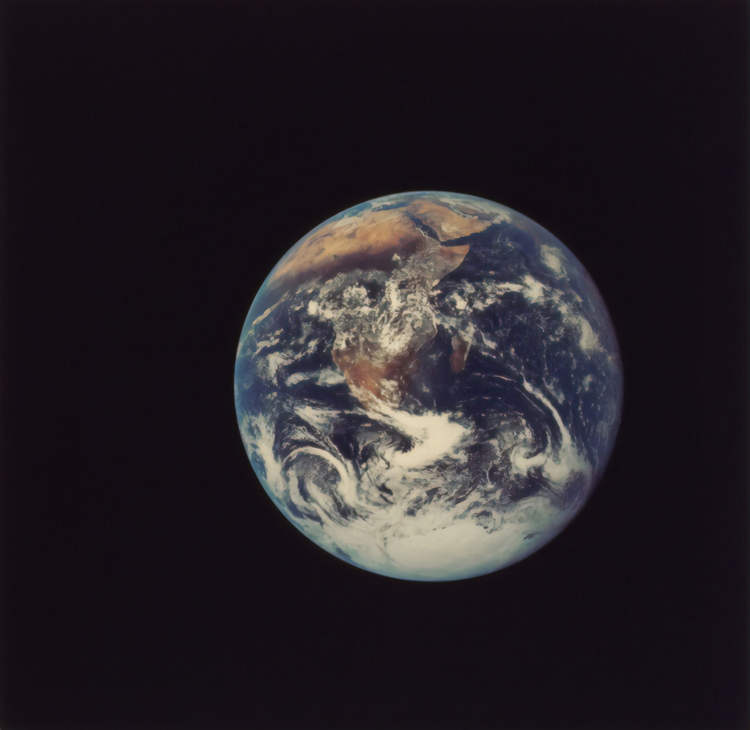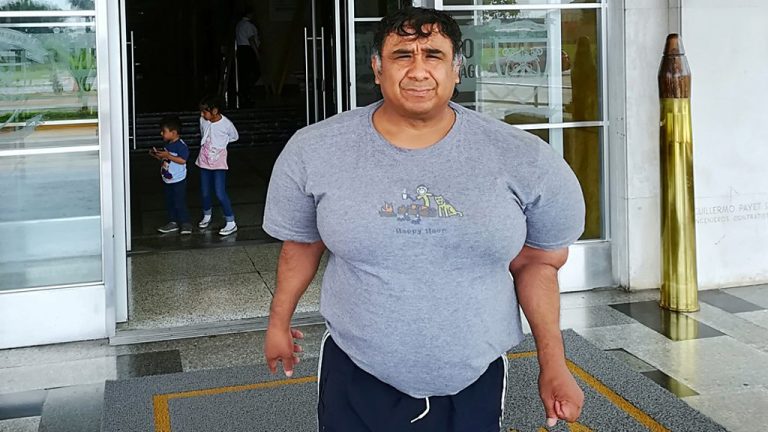The Voluntary Human Extinction Movement has been trying to convince mankind to go gentle into that good night for over 30 years.
Founded in 1991 by Les U. Knight, an American environmental activist, Voluntary Human Extinction Movement (VHEM) believes that humanity is “incompatible with the biosphere” and that human extinction is the best solution to some of the most pressing environmental issues plaguing our planet. There are already 8 billion of us, and at the rate we’re going, we’re going to render our species extinct anyway, but not before doing so to millions of other species of plants and animals. And if the outcome is going to be the same for us, why not at least save the other species that would actually thrive without us?
Many followers of the VHEM ideology believe that “the worst environmental crime any individual can commit is making more people”. And while that notion may sound preposterous, Les U. Knight and other like-minded people have some arguments to back it up. Apart from our destructive nature in relation to other species and our planet in general, there is also the issue of not being able to look after members of our own species.

Photo: KELLEPICS/Pixabay
“The intentional creation of one more human by anyone, anywhere, cannot be justified today, not as long as tens of thousands of children are dying of malnutrition or lack of care, and as long as species are going extinct at a greater number than have at any time in the last 65 million years,” Knight told CBC Canada.
The Voluntary Human Extinction Movement believes that the vast majority of issues our planet is facing right now are either caused directly by us or greatly exacerbated by our growing numbers. And since our number is going up, these problems are only going to get bigger.
Those calling VHEM’s solution too radical claim that the issues highlighted by the movements could be mitigated through a more sustainable approach where humanity becomes more environment-friendly. Knight, however, believes that this does not exclude the risk of humanity one day returning to its destructive ways, and thus insists that voluntary extinction is the only viable solution.

Photo: The New York Public Library/Unsplash
But what does voluntary extinction actually mean? No, the movement isn’t asking for people to end their own lives for the benefit of other species. On the contrary, it wants everyone to live long and fulfilling lives, but it also wants them to stop breeding. If we all agreed to that, our species would one day go extinct, leaving the planet to species that aren’t trying to destroy it. At least that’s the idea VHEM is selling.
“Feed ‘em don’t breed ‘em,’” was the slogan used by Les U. Knight on a recent episode of Dr. Phil. “If we all stopped procreating we’ll go extinct, slowly, we’ll clean up our messes as we go, and the biosphere – what’s left of it, will have a chance to recover.”
Despite dedicating most of his life to promoting the Voluntary Human Extinction Movement, Les U. Knight admits that the odds of a voluntary human extinction are ‘slim to none’.
“Because as long as there is one breeding couple of homo sapiens, we will be right back where we are [now]… We are just incredibly fecund,” Knight said. “Our involuntary extinction is what we are really working towards collectively.”
Reproductive choice is a big issue with VHEM, as the movement claims that hundreds of millions of couples around the world do not have the means to avoid the pregnancy that they do not want. In Africa, people don’t have enough access to condoms or other means of contraception, and in the US, the Supreme Court’s recent ruling to overturn abortion rights is only going to make things worse.
Interestingly, for all those who challenge his belief that the planet would be better off without us as a species, Les U. Knight has one simple request: “Give me one good reason why homo sapiens should continue to exist — and that good reason would have to be one that does not involve humans. Something that humans are good for other than other humans, something in the biosphere.”












